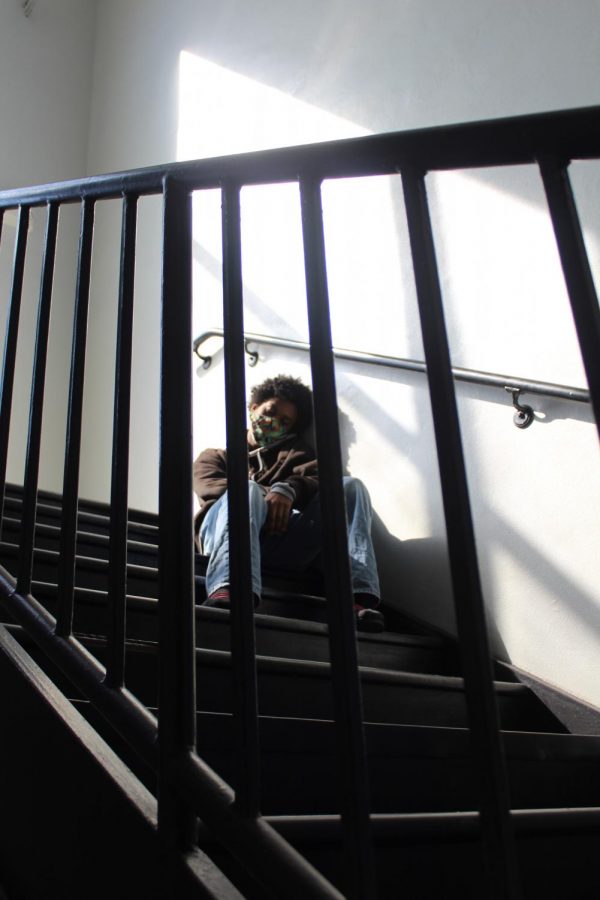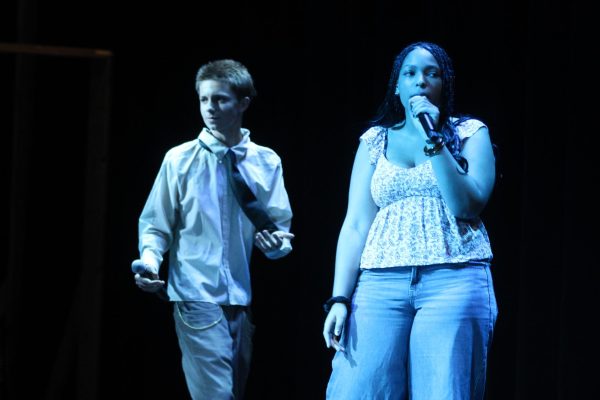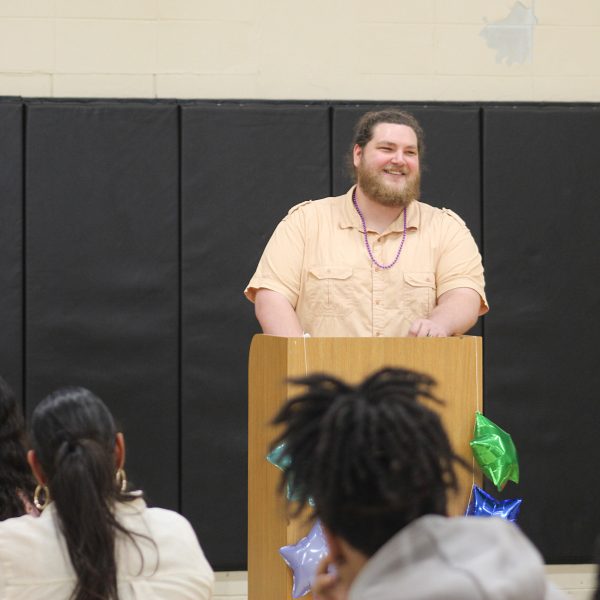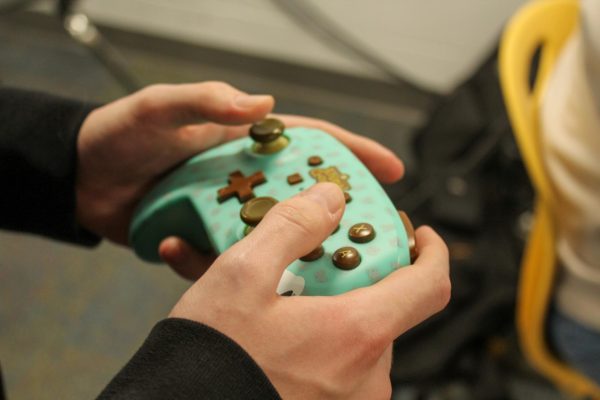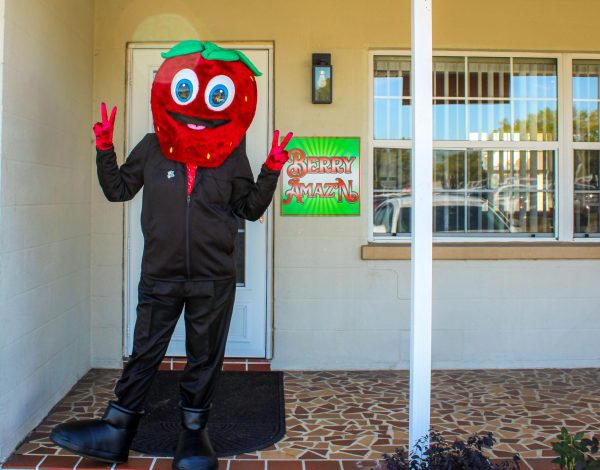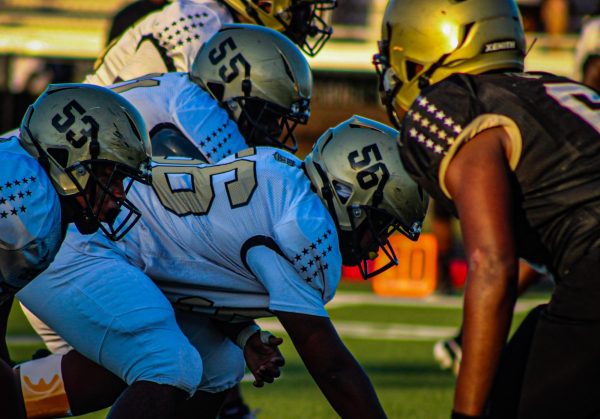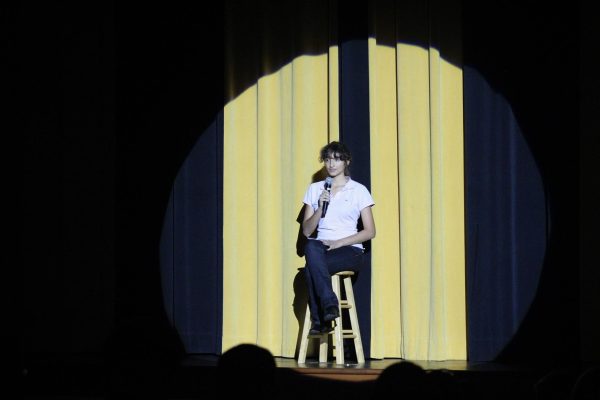Mental wellness at Lakewood
Since the shooting at Marjory Stoneman Douglas High School in Parkland in 2018, the state has mandated that schools offer five hours of mental health lessons each year. This year with the pandemic, stress and worry have become realities for students, so SNN decided to take a look at the goals and effectiveness of these lessons
Mental health is defined as “a person’s condition concerning their psychological and emotional well-being.” But the term brings to mind different things for different people. To some, it brings images of depression, of worst-case scenarios, of going to therapy, of self-care posts that will “easily cure your problems,” all things that carry stigmas. No two people think the same about this topic, and there are many misconceptions. But now the school district is trying to do something about that.
Since the fall of 2019, Lakewood High School and the entire school district have been trying to raise awareness about mental health by offering five mental health lessons a year. The state legislature passed a bill in 2018 just weeks after the shooting at Marjory Stoneman Douglas High School in Parkland. The bill expanded mental health awareness and required that schools provide five hours of lessons a year to students. Two lessons have been taught so far this year, one on Dec. 16 and the other on Jan 21. The two sessions have covered violence and self-harming warning signs as well as substance abuse – both heavy topics that needed to be discussed. The next video lesson is scheduled to take place on March 10. The goal of the lessons is to spread awareness of mental health struggles and to erase some of the stigmas related to mental health issues. Pinellas County decided to take some of the awkwardness and discomfort away from these issues by introducing video lessons that do the same thing that in-person talks would do, Lakewood social worker Erika Dickerson said. So far she has found the lessons to be beneficial.
“It gives students the opportunity to say, ‘I do need help’ and to let them know there’s support,” Dickerson said.
And it has appeared to help. After the last lesson alone 15 students reached out to the staff. Past lessons had a similar number of students reaching out. According to an SNN-administered survey, 64% of students agreed that the lessons are helpful, with 73% later also saying they feel mentally healthy.
“I want them to feel safe here, like they’re being heard,” Dickerson said.
Though the district-produced lessons are well received, they aren’t as polished as they could be, students and staff say. While many believe they cover what needs to be covered, students and staff alike have said they could be improved – from advertising more resources to including more interactive ideas. Junior Diamond Brown said she would like more information on “real things that actually happen.” She said she preferred the second lesson about substance abuse, because its format was more impactful. She found the human aspects of the lesson more touching than the first one, wanting more empathetic stories rather than simply “info-dumping.”
“It got me thinking, ‘Dang, I don’t want these things to happen to me,’” Brown said.
Other suggestions to improve lessons include:
• a slide with resources for Lakewood on those lessons (as per the request of the staff specifically),
• a trigger warning at the beginning of each lesson, covering the topics that can easily make students severely uncomfortable,
• that the lessons be less forced and broad, mixing the different learning styles – all things that are small but affect so many of Lakewood’s students and staff but isn’t talked about.
Just because helpful resources are available, they’re not necessarily easy to access. According to the SNN survey, 20 students said they did not know what resources for help are available to them. The Lakewood staff tries try to make these resources as accessible as possible, making sure meetings with students are at optimal times and checking in with them often.
And there’s a perfectly understandable reason why, too – asking for help is hard. Sophomore Kyle Fillhart said it’s always been difficult for students to reach out for these resources, but COVID-19 has made it even tougher. Whether it be unreliable technology, scheduling issues or fear of talking to counselors, for some people reaching out can be a mountain that seems unclimbable.
“Most kids are too scared to ask for help,” Fillhart said.
Social worker Dickerson or the guidance counselors are always available at Lakewood, whether it be through emails or face-to-face meetings.
“We really do care about our kiddos,” Dickerson said.
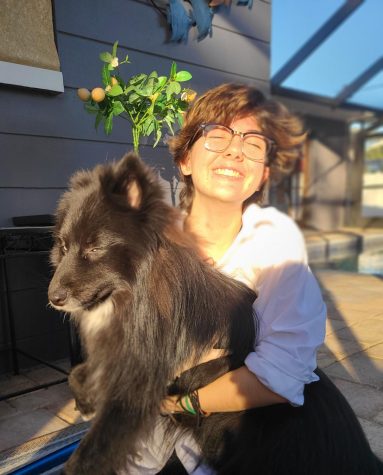
Howdy LHS! I’m senior Bella Croteau, but people call me Bells, and I’m your SNN Editor in Chief. I use “they” and “them” pronouns. My goal...

Ayup! My name is Jay Sanders. I am in 12th grade, and I am the Alpha-Omega editor in chief and the co-social media editor for this year. I love photography...


